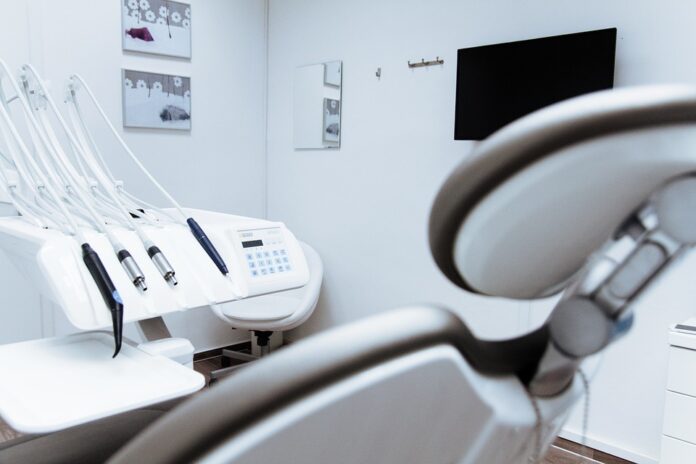Have you ever had the dreaded toothache? Sometimes the pain won’t disappear, no matter how many painkillers you take. Or maybe you are struggling with tooth sensitivity, and sharp pain in your mouth that stops you when you really need an ice cream scoop or a cup of coffee.
A dentist may recommend that you get a dental bridge. For most patients, dental insurance covers many of the costs associated with getting a dental bridge. It means you don’t need to pay a huge upfront and can spread out payments. Find out how much your dental plan can cover for Lafayette dental bridges, and get back to enjoying proper sleep!
How Much Is a Dental Bridge With or Without an Insurance?
The amount your dental insurance will cover for a dental bridge depends on your specific policy and what kind of bridge you are getting.
In general, most dental insurance companies will cover at least half of the cost of a dental bridge, as long as you’re getting it done by a licensed dentist who is in-network with your insurance company.
The dental bridge cost without insurance will vary depending on where you live, how many teeth are missing, and how much your dentist charges for their services. It will cost $1500-$15000 per tooth.
What’s a Dental Bridge?
A dental bridge is made with crowns on the teeth on either side of the gap, and a fake tooth called a pontic in the middle is attached to anchorage or implant posts placed into your jawbone.
Dental bridges replace one or more teeth, depending on how many you need replacing. They’re perfect for people who want to improve their smile. Dental bridges can be made from several materials, including gold, porcelain, and metal. They are either dental alloys or porcelain fused to metal (PFM). PFM is commonly used in front teeth because it looks more natural than other types of dental bridges. There are four types of dental bridges:
- Traditional bridge. Crowns must be glued onto the neighboring teeth to keep the prosthetic tooth in place. It costs $2000-$5000 per tooth.
- Cantilever bridge. The difference is that one of the adjacent teeth needs to have a crown placed on it rather than both. It costs $2000-$5000 per tooth.
- Maryland bridge. A metal or porcelain framework is glued to the backs of the neighboring teeth to hold the prosthetic tooth in place. It costs $1500-$2500 per tooth.
- Implant-supported bridge. Used to replace a row of teeth that has been lost, a dental implant secures a bridge in place beneath the gums. It costs $5000-$15000 per tooth.
Benefits of Dental Bridges
There are several benefits of dental bridges:
- Dental bridges can help restore your ability to chew. Losing a tooth affects your ability to eat foods that require biting, such as apples or carrots.
- Dental bridges help restore the shape of your face by filling in for missing teeth. Without a bridge, big gaps may appear between your remaining teeth, making you look older than your age and feel self-conscious about smiling at people. A dental bridge will close gaps between your teeth, making them less noticeable.
- Dental bridges restore your smile. If you have missing teeth, it helps to fill the gap and keep your smile looking healthy and bright.
Disadvantages of Dental Bridges
Here are the disadvantages of dental bridges:
- Bacteria can affect the bridge. You have to take special care with your oral hygiene and visit the dentist regularly so they can check that it is still in good condition.
- It may collapse. It could happen if your teeth shift around or you don’t take proper care of your bridge.
- There is a chance that the abutment (the tooth or teeth on either side of the gap) will weaken over time.
Factors Making You a Good Dental Bridge Candidate
Here are the factors:
- You have lost some teeth in the front of your mouth, so the gap is too big for a removable partial denture to fill.
- Having a solid foundation for the bridge in the form of healthy teeth and bone.
- Capable of keeping up with regular dental hygiene to preserve the dental bridge.
Many factors determine how much an insurance plan will cover dental services and how much you’ll pay out-of-pocket. Each plan is different, so you must call your carrier if you have any specific questions regarding your coverage.







